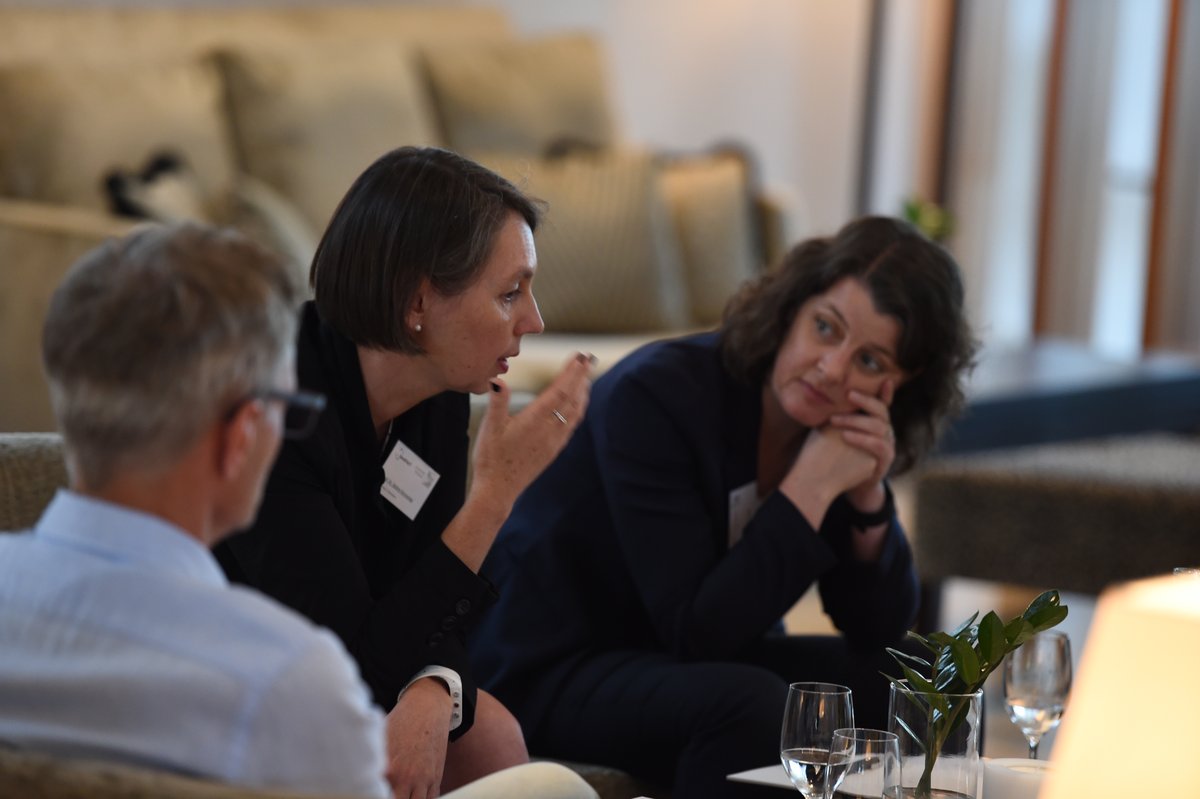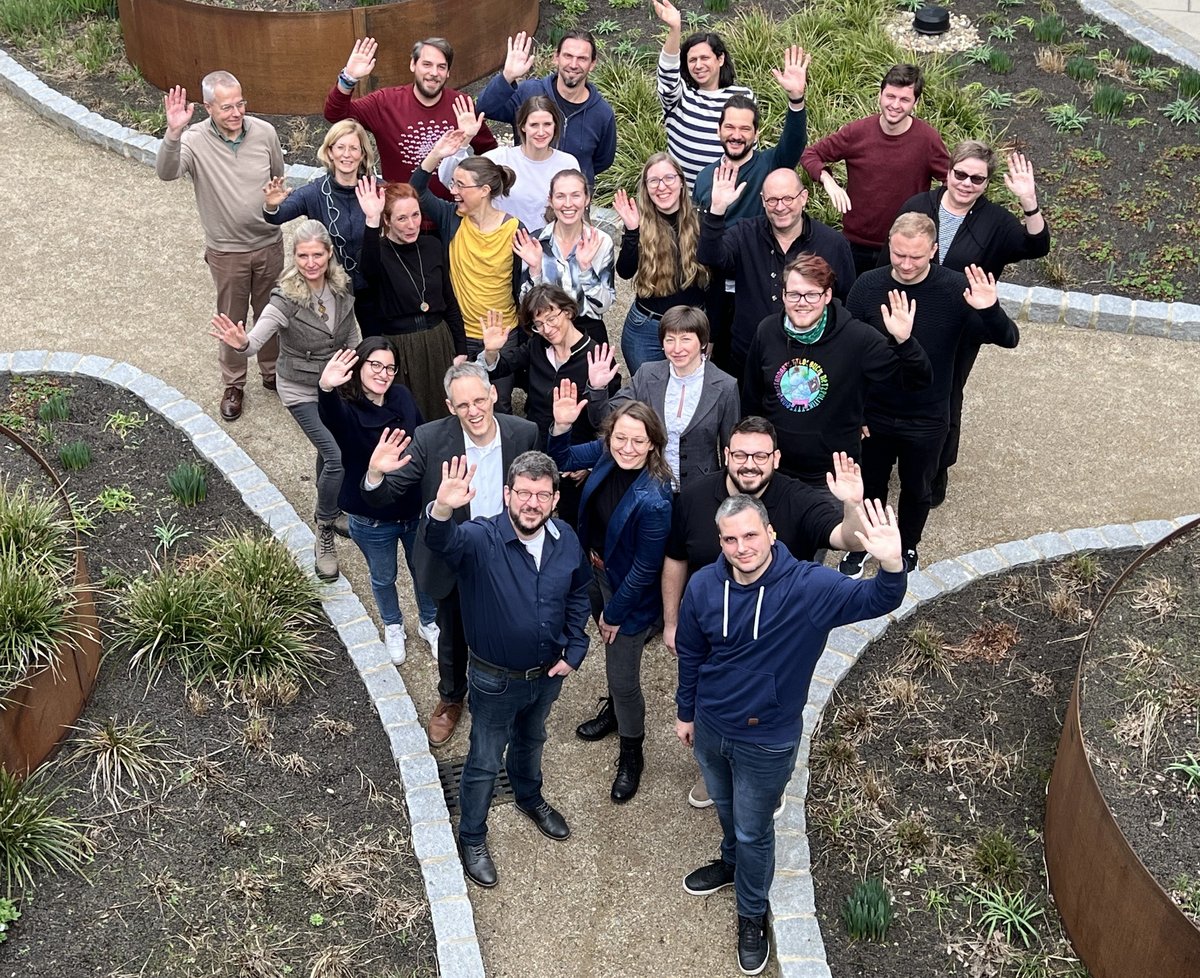
Let´s talk together!
This is how we live interdisciplinarity in our research projects.
Research projects such as SMARTACT or the collaboration in the Baden-Württemberg Institute for Sustainable Mobility (BWIM) combine expertise from many different disciplines. At workshops and project meetings, we work together to develop study designs, discuss research findings and effectively develop project ideas.
Example SMARTACT
An interdisciplinary team of researchers is developing a smartphone app to record nutritional behaviour in real life and provide approaches for interventions in primary prevention using mobile technology. The following images illustrate the input from the various disciplines.
Nutrition research - physiology and nutritional values
Prof Dr Heiner Boeing from the German Institute of Human Nutrition Potsdam-Rehbrücke (DIfE) gave us at SMARTACT important impulses for the integration of the Federal Food Key (BLS) into our mobile application for nutrition recording.
![[Translate to Englisch:] Tandemarbeit zwischen Mitgliedern des wissenschaftlichen Beirats und akademischen Mitarbeiter*innen im Projekt SMARTACT](/fileadmin/_processed_/8/6/csm_Pilvikki_GS_beim_KOM_SMARTACT_2015_4921e7831c.jpg)
Health behaviour - public health perspective
Nutritional behaviour as an important building block in primary prevention - expertise from a wide range of disciplines (e.g. medicine, IT, public health) enables us to carry out the SMARTACT project effectively.
![[Translate to Englisch:] Gudrun Sproesser im Gespräch mit Carol J. Boushey](/fileadmin/_processed_/1/7/csm_Gudrun_und_Carol_f50d3e28c5.jpg)
Medicine - Interaction between nutrition and chronic diseases
Prof Dr Carol J. Boushey from the Cancer Centre at the University of Hawaiʻi provides impulses from her research on cancer and nutritional behaviour both at SMARTACT project meetings and during several-day guest stays at the University of Konstanz.
Example BWIM
The Baden-Württemberg Institute for Sustainable Mobility (BWIM) sees itself as the independent think and do tank for actively shaping the mobility transition in Baden-Württemberg.

With our sub-project "Why we move how we move", the BWIM team is investigating the connections between mobility motives, mobility perceptions and mobility profiles. Through interdisciplinary collaboration, the scientific findings are being further developed into concrete, practical recommendations for action to promote a sustainable mobility transition.
